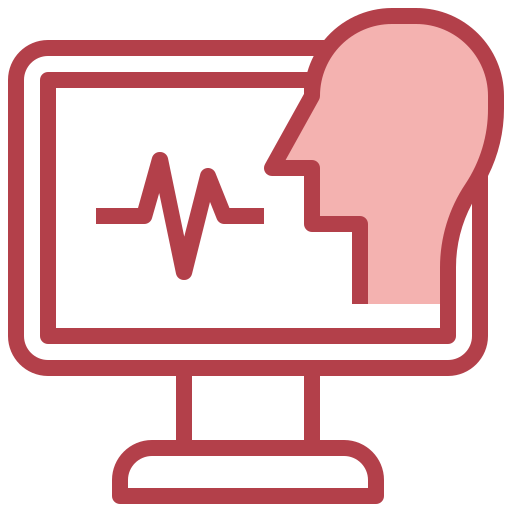The AI in Health Informatics course is designed to bridge the gap between modern artificial intelligence and the evolving world of healthcare data.
AI in Health Informatics
The AI in Health Informatics course is designed to bridge the gap between modern artificial intelligence and the evolving world of healthcare data. As healthcare systems generate vast amounts of data daily, AI has emerged as a transformative tool to enhance diagnostics, optimize patient outcomes, and streamline decision-making. This course offers a comprehensive overview of how AI technologies are applied across the health informatics spectrum—from clinical decision support and predictive analytics to personalized care.
Learners will gain hands-on knowledge of machine learning, natural language processing (NLP), and data management as they relate to the healthcare environment. The course also explores real-world applications, including nursing healthcare informatics, medical imaging, and population health. Whether you’re a healthcare professional or a tech enthusiast, this course will equip you with the tools to harness AI’s potential in health data science.
This course is ideal for healthcare professionals, IT specialists, and data analysts who are interested in applying AI to healthcare settings. It's especially valuable for those in nursing healthcare informatics, clinical informatics, and medical research. Whether you're a practicing nurse, physician, health IT manager, or public health researcher, this course will help you understand how AI can support data-driven decisions in patient care. It's also suitable for students exploring careers in digital health, and for tech professionals who want to transition into the healthcare space.
Understand the fundamentals of AI in Health Informatics
Identify key healthcare data sources and apply best practices in data management
Use machine learning for predictive modelling in clinical settings
Apply Natural Language Processing (NLP) techniques to healthcare texts
Explore AI-powered Clinical Decision Support Systems (CDSS)
Analyse AI applications in imaging, diagnostics, and population health
Evaluate the impact of AI in personalized care and healthcare delivery
Identify emerging trends and challenges in AI-driven health informatics
-
Understand the scope, significance, and core principles of applying AI in healthcare environments.
-
Learn about electronic health records, data privacy, and methods for organizing and managing clinical data.
-
Explore machine learning models and their applications in diagnostics, predictions, and treatment planning.
-
Discover how NLP is used to analyse clinical notes, health records, and patient feedback.
-
Study AI-driven tools that assist healthcare professionals in making accurate clinical decisions.
-
Investigate how AI supports medical imaging analysis, including X-rays, MRIs, and CT scans.
-
Examine AI strategies for public health forecasting, disease outbreak prediction, and population risk assessments.
-
Identify ongoing challenges, ethical concerns, and future opportunities in AI-enhanced healthcare.
Earn a Professional Certificate
Showcase your skills with a CPD-accredited certificate that validates your expertise and commitment, enhancing your career prospects globally.

Key Aspects of Course

Employer approved
Boost your career prospects for free


